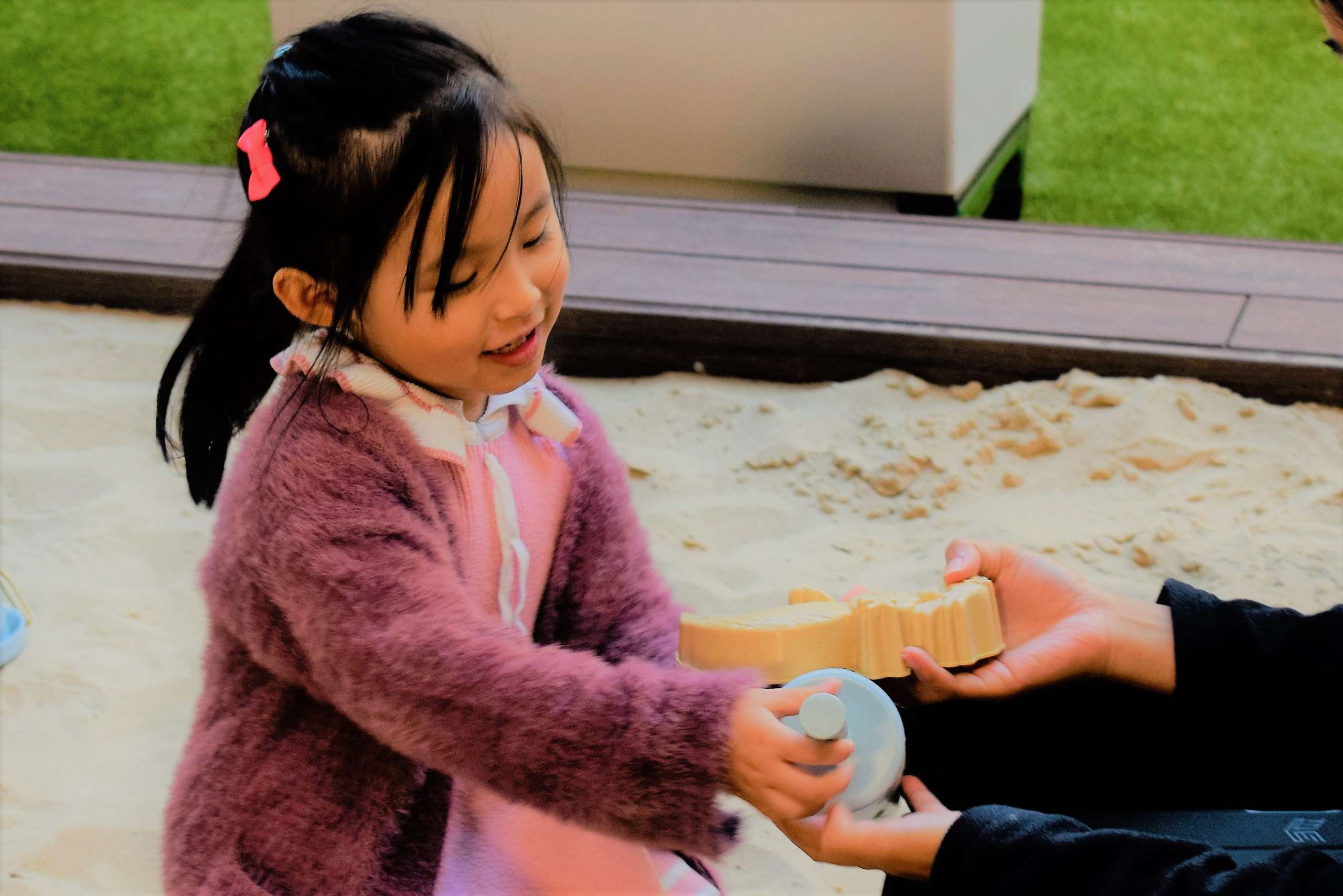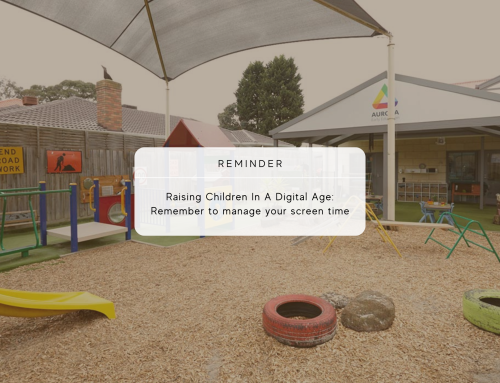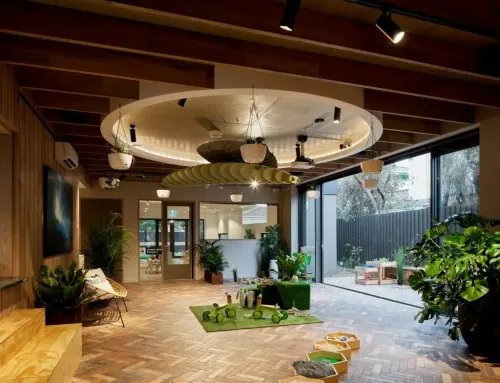Why is self-expression important in Early Childhood?
Our little ones can have big emotions. Therefore self-expression is a great practice to channel these emotions into creativity.
Self-expression is crucial for the development of a child’s identity, self-confidence, and sense of belonging to the world. It opens children’s minds and allows them to form thoughts and ideas that may surprise us.
Self-expression also enables children to communicate their feelings in a positive way. When your children paint or draw a picture, they are learning to communicate visually. For instance, a child may document a joyful experience of playing with his peers through drawing by merely swirling different colours.
Expression of feelings through art goes beyond verbal language
Self-expression promotes better health and well-being in children as they can express their feelings, likes, and dislikes constructively. It builds on children’s emotional development, helping them learn about teamwork and consideration for others. As caregivers, it helps us understand the child’s perspective of the world and allows us to respond appropriately.
Here are some of the activities we use to encourage self-expression at Aurora:
- Dancing
- Constructing things from playdough or clay
- Drawing & painting
- Exploratory story time (e.g. show & tell)
- Free play
- Celebration of many cultures to ensure everyone is included
- + much more
So how else can you explore self-expression at home and in your local area?
- Melbourne’s abundance of art galleries, open play spaces and parks are all great weekend activities to explore and discuss how the different sights make us think and feel. See some links at the end for great spots to visit.
- We also love Foraged Art (the creation of art from natural elements in a non-harmful way to the environment). E.g. creating patterns with leaves, stacking rocks or even making a mini teepee from twigs. We suggest adding an emotion or theme to your foraged art to discuss. Perhaps you could discuss gratitude as you stack rocks, or talk about how our differences make us unique whilst collecting leaves.
- Having a daily check-in as part of your morning or evening routine is a great way to embrace deeper communication and understanding with your little one. An example of this could be making bubble castles in the bath at night and talking about the day’s activities and how they made us feel.
Are you looking for more support and ease in your life? Remember, it takes a village to raise a child, you don’t have to do it all alone.
Book a tour:
Aurora Doncaster
Be sure to check out:
MOPA – Museum of Play and Art Geelong





